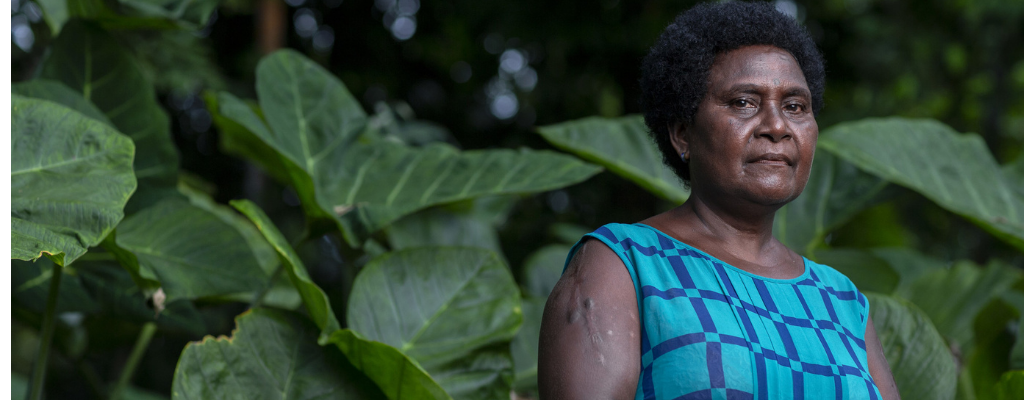
Freedom from Violence
Explore evidence on gender-based violence response and prevention, including research briefs and practical toolkits.
Community Action Against Gender Based Violence (ANCP) – Executive Summary
In March 2017, IWDA conducted an evaluation of Banteay Srei’s gender based violence project.
Promoting Women’s Development, Protection, and Healing (ANCP) – Executive Summary
In October 2016, IWDA conducted an evaluation of counselling services provided through the Eastern Highlands Family Voice (EHFV) ending violence against women (EVAW) project, covering the period 2011 to 2016.
Supporting survivors and preventing violence against women and girls in North Eastern Myanmar (ANCP) – Executive Summary
In March 2017, IWDA conducted an evaluation of the Ta’ang Women’s Organisation (TWO) project. The evaluation’s purpose was to identify the partner organisation’s current technical strengths and any technical support needs in relation to ending violence against women work. Additionally, this evaluation, together with two other evaluations, aimed to provide insights that will support future…
Women’s Safety and Security Program – Synthesis Report
This report synthesises findings of three evaluations conducted by the International Women’s Development Agency (IWDA) of three projects supporting three separate organisations delivering services to women and girls subject to violence.
Safe Families Toolkit
A toolkit to engage communities to respond to and prevent family violence in Solomon Islands.
Do No Harm: Human Security Policy Brief
This brief discusses this importance of understanding interactions between women’s economic security and violence against women in the Pacific to inform policy and practice that advances human security. In a context where prevalence rates of violence against women and girls in the Pacific are among the highest in the world and the importance of women’s…
Voice for Change Community Survey Brief
Voice for Change Community Survey ‘Voice for Change Community Survey ‘Violence Against Women and Girls in Jiwaka Province, Papua New Guinea’. The Community Survey was conducted during August – September 2013, the data analysis and report writing was completed during 2013-2014. The report was finalised and printed in 2015.
Voice for Change Community Survey Report
Voice for Change Community Survey ‘Voice for Change Community Survey ‘Violence Against Women and Girls in Jiwaka Province, Papua New Guinea’. The Community Survey was conducted during August – September 2013, the data analysis and report writing was completed during 2013-2014. The report was finalised and printed in 2015.
Violence Gender and Wash Toolkit
IWDA contributed to this toolkit in response to an acknowledgement that although the lack of access to appropriate water, sanitation and hygiene services (WASH) is not the root cause of violence, it can lead to increased vulnerabilities to violence of varying forms. Incidences have been reported from a wide range of contexts, often anecdotally but…
Gender Matters 5: Gender equality is smart economics – but it takes more than money and markets
Gender Matters is a vehicle for IWDA to share emerging ideas and new research. It comes out at least twice a year, providing insights into gender and development issues from both a theoretical and a practical perspective. Gender Matters 5 focusses on the gender equality and economics, with a look at savings clubs in Solomon…
Gender Matters 4: Gender really matters – Perspectives from the field and implications for poverty measurement
Gender Matters is a vehicle for IWDA to share emerging ideas and new research. It comes out at least twice a year, providing insights into gender and development issues from both a theoretical and a practical perspective. Gender Matters 4 focusses on the gendered elements of poverty measurement.
Triple Jeopardy Workshop Cards (Khmer)
Cambodian women with disabilities experience multiple disadvantages resulting from the interplay between gender, disability and poverty. This participatory action research has found that women with disabilities face similar levels of sexual, physical and emotional violence by partners to non-disabled women but endure much higher levels of all forms of family violence. They suffer sexual violence…